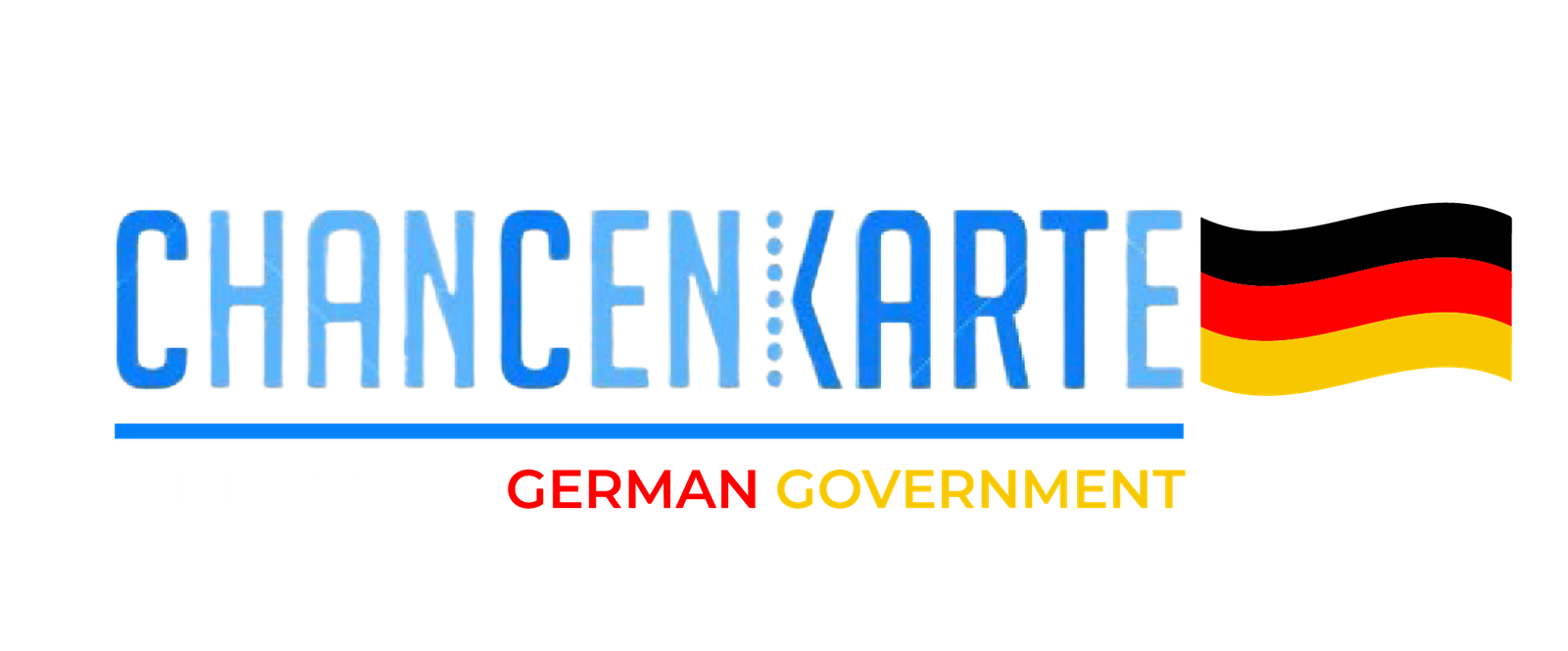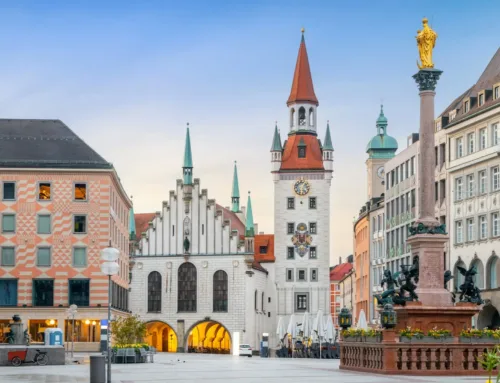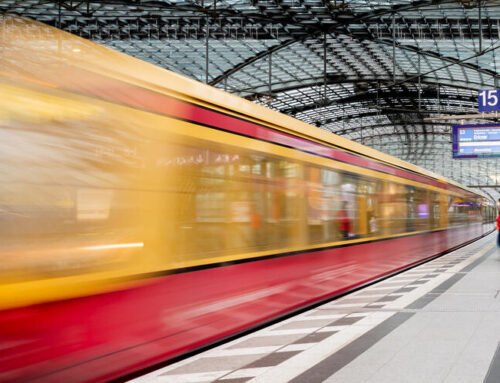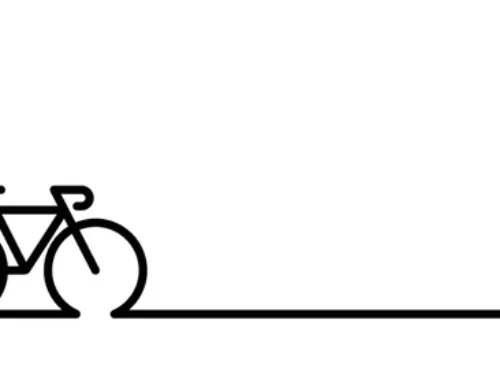Intellectual Property Laws in Germany: Good Essential Insights
Germany has always been a leader in intellectual property (IP) protection, owing to its strong legislative structure and compliance with European Union (EU) norms. Germany’s intellectual property laws prioritize innovation by safeguarding the rights of creators, innovators, and enterprises, thereby promoting economic growth and technological progress. Comprehending the recent modifications to intellectual property legislation in Germany is essential for individuals and enterprises functioning inside the country, particularly due to the swift advancement of technology and global commerce.
In 2024, significant revisions have occurred in various domains of intellectual property law in Germany, encompassing patents, trademarks, copyright, and digital rights. This guide presents an overview of these developments and offers insights into the essential facets of intellectual property protection in the nation.
1. Patent Legislation in Germany:
Patents are crucial for safeguarding technological inventions, and Germany’s patent system is among the most robust globally. The legal basis for patents in Germany is regulated by the German Patent Act (Patentgesetz), with supervision from the German Patent and Trademark Office (Deutsches Patent- und Markenamt, DPMA).
Criteria for Patent Eligibility: A patent in Germany may be awarded for any novel invention that demonstrates an innovative step and is suitable for industrial application. The patent holder possesses the sole authority to prohibit others from utilizing the patented invention without consent for a duration of up to 20 years.
The establishment of the Unified Patent Court (UPC) and the adoption of the Unitary Patent was one of the most significant developments in 2023, creating a new EU-wide patent system. The UPC streamlines the patent litigation process by offering a singular court for adjudicating patent disputes among member EU nations, including Germany. The Unitary Patent, initiated in June 2023, enables inventors to secure patent protection across several EU member states via a singular application. This significantly decreases expenses and administrative responsibilities for enterprises functioning throughout Europe.
Patent Box Regime: To promote research and development (R&D), Germany has implemented a Patent Box Regime, enabling enterprises to enjoy reduced tax rates on income derived from intellectual property, including patents. This is especially appealing to technology corporations, pharmaceutical enterprises, and organizations in high-innovation industries.
These modifications facilitate the protection and enforcement of patents for enterprises and inventors in Germany, both domestically and throughout the European Union.
2. Trademark Legislation:
Trademarks are crucial for safeguarding trademarks, logos, and corporate identities. The trademark rules of Germany are regulated by the Trademark Act (Markengesetz), which largely adheres to EU trademark requirements. In Germany, trademarks may encompass phrases, slogans, logos, sounds, colors, and 3D shapes, as long as they differentiate the goods or services of one entity from those of another.
Trademarks may be registered nationally with the German Patent and Trademark Office (DPMA) or at the European level via the European Union Intellectual Property Office (EUIPO), which issues the European Union Trademark (EUTM). The EUTM offers trademark protection throughout all EU member states, including Germany, via a singular application procedure.
Trademark Duration: Trademarks remain valid for a decade and may be renewed perpetually, contingent upon the active use of the trademark in commerce.
Recent Developments: As of 2024, a significant change in trademark law is the increasing emphasis on safeguarding non-traditional trademarks, including sound markings, motion marks, and holograms. Businesses are progressively registering these trademarks to obtain exclusive rights over unique branding features beyond conventional word and logo marks.

3. Copyright Law in Germany:
Copyright safeguards the rights of creators in Germany, encompassing authors, artists, musicians, filmmakers, and software developers. The German Copyright Act (Urheberrechtsgesetz) regulates copyright law in Germany and has undergone substantial revisions in recent years, especially in reaction to the digital economy and EU directives.
Copyright Duration: Copyright protection endures during the creator’s lifetime plus an additional 70 years posthumously. In some cases, such as pictures, the duration of protection may vary; however, Germany generally adheres to worldwide copyright duration rules.
Copyright in the Contemporary Digital Era: In 2021, a significant change was the enactment of the EU Copyright Directive, which established new regulations to provide equitable remuneration for creators in the digital landscape. The modifications encompass stipulations for online content-sharing platforms, mandating them to secure licenses from rights holders for user-generated content, including music and video uploads. Platforms such as YouTube and Facebook must guarantee that copyrighted materials are not utilized without authorization.
The provision of exceptions for text and data mining represents another significant advancement. Researchers and scientists are now authorized to utilize copyrighted content for data analysis and machine learning, contingent upon non-commercial scientific research reasons.
For creative workers and enterprises engaged with digital content in Germany, these improvements signify the growing necessity of reconciling copyright protection with the dynamics of the digital economy.
4. Design Rights:
Design rights safeguard the aesthetic appearance of objects, and Germany’s Design Act (Designgesetz) is in accordance with the EU’s Community Design Regulation. Registered designs safeguard the form, pattern, and hues of a product, preventing competitors from replicating the design without authorization.
The registration of design rights can be conducted with the DPMA at the national level or with the EUIPO for protection throughout the European Union. Registered design protection endures for five years and is renewable for a maximum of 25 years.
Recent Developments: As of 2024, design protection has gained significance in sectors such as fashion, automobile, and consumer electronics, where visual identity and product aesthetics are essential for competitive advantage. Companies are progressively depending on design rights to safeguard unique product designs, especially in the luxury goods industry.
5. Trade Secrets Protection:
Germany’s Trade Secrets Act (Geschäftsgeheimnisschutzgesetz), enacted in 2019, offers robust safeguarding for confidential business information and trade secrets. This legislation conforms to the EU Trade Secrets Directive and provides legal recourse for instances of unauthorized acquisition, utilization, or disclosure of trade secrets.
Essential Clauses: The law characterizes trade secrets as information that is not widely recognized, have commercial worth, and is protected by reasonable measures to maintain its confidentiality. Companies must adopt proactive strategies, including the implementation of confidentiality agreements and security mechanisms, to ensure their knowledge is classified as a trade secret. In the era of digital espionage and cybercrime, safeguarding trade secrets has become increasingly vital for enterprises. Adhering to these standards can protect competitive advantage and avert the loss of significant intellectual property.
6. Innovations Pertaining to Digital Intellectual Property and Artificial Intelligence:
One of the developing domains of intellectual property law in Germany is the safeguarding of digital intellectual property, especially with artificial intelligence (AI), blockchain, and data-centric technologies. The swift progression of technological innovation has presented new difficulties for intellectual property law, prompting continuous discourse on how to modify conventional legal frameworks to accommodate evolving technologies.
AI and Copyright: As AI-generated content proliferates, inquiries emerge regarding the copyrightability of works produced by AI systems and the ownership of rights pertaining to these productions. In 2024, Germany and the EU are diligently investigating legal structures concerning the ownership of intellectual property produced by AI systems.
Blockchain technology with Non-Fungible Tokens (NFTs): The advent of blockchain technology and the proliferation of non-fungible tokens (NFTs) have introduced new difficulties to the intellectual property environment. NFTs signify distinct digital assets, frequently associated with art, music, or collectibles, with their ownership and transfer documented on a blockchain. NFTs offer a novel method for monetizing and safeguarding digital inventions, although they also prompt inquiries over the applicability of copyright law to decentralized technology.

7. Enforcement of Intellectual Property Rights:
Germany provides multiple channels for the enforcement of intellectual property rights, both domestically and through European Union-wide frameworks.
Lawsuit: Intellectual property rights holders may protect their rights via civil lawsuit, pursuing injunctions, damages, or the destruction of infringing goods. German courts are recognized for their efficiency and specialization in intellectual property issues, especially in places such as Munich, Düsseldorf, and Mannheim, which serve as significant centers for patent litigation.
Border Measures: German customs authorities are essential in thwarting the trafficking of counterfeit merchandise. Intellectual property rights holders may seek border enforcement measures to prevent the importation of items that violate trademarks, patents, or copyrights.
Conclusion:
Germany’s intellectual property legislation is continually adapting to technical progress and global economic changes. The recent implementation of the Unitary Patent, modifications to digital copyright legislation, and the emergence of AI and blockchain technologies have transformed the intellectual property environment. It is imperative for individuals and organizations in Germany to comprehend these rules to protect innovation, safeguard brands, and ensure compliance with national and EU requirements. Visit World Intellectual Property Organization.
For more insights into navigating the Intellectual Property Laws in Germany, you can visit Chancenkarte.info, an essential resource for all prospective Intellectual Property Laws in Germany.



